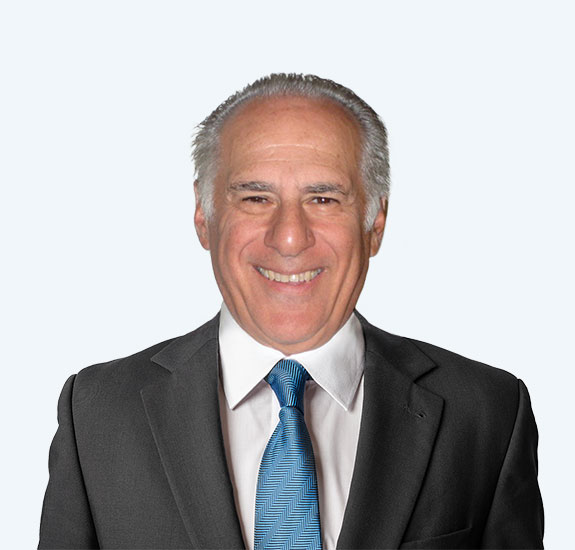- Free Consultation: (212) 693-3737 Tap Here to Call Us
Durable power-of-attorney is essential in estate planning
What happens if you become incapacitated and can’t care for yourself and pay your bills? Sure, you’ve named beneficiaries for your bank account, life insurance etc. The problem is those only take effect after you die. What about if you are still alive but incapacitated? That’s where a durable power-of- attorney comes in.
When a person signs a power-of-attorney, he/she gives another person the power to act on his/her behalf, in managing their assets and affairs. The “durable” power-of-attorney is different from an ordinary power-of-attorney in that it does not become inoperative if you become incapacitated.
In drafting powers-of-attorney, you should be careful to confer powers with as much specificity as possible. This is to avoid to avoid the possibility of a court finding a specific omission as an intent to fail to grant that specific power.
In a few states, you are allowed to delegate durable power-of-attorney for various health care powers in addition to control over financial matters. But in In New York State you have to create a separate health care power-of-attorney or proxy in addition to a power-of-attorney.
The great thing about the durable power-of-attorney is that it remains effective after you’re incapacitated. That means whomever you gave power to can immediate act and manage your assets or to take other measures without having to go through costly and time-consuming guardianship proceedings to get authorization to manage your affairs.







